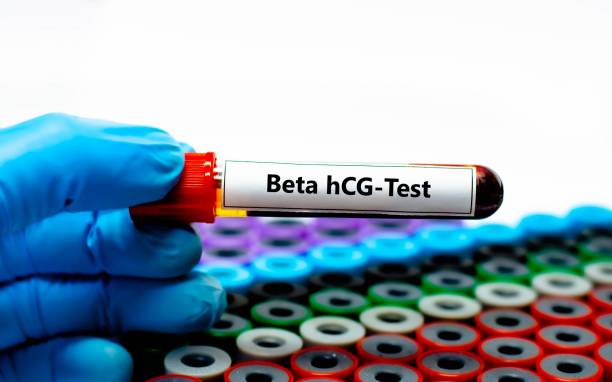
What are the Risk Factors with Gallstones and Pregnancy?
Gallstones are one of the more common conditions in women requiring non-obstetric surgical interventions. Gallstones can be found in pregnant women, who are at higher risk when compared to other groups, as there are significant changes in the hormonal profile of the woman.
There is a greater risk of the formation of cholesterol monohydrate microcrystals, which can lead to gallstones through the gestation period. Women can experience symptoms that may be similar to normal pregnancy signs, such as abdominal pain and cramping sensations.
This can further lead to missing out the core symptoms and not understanding the reason behind the pain and nausea. The presence of gallstones during pregnancy can be diagnosed and treated with medication and surgery, which is why understanding the symptoms and risk factors is important.

Main risk factors associated with gallstones and pregnancy
You should be aware of the risk factors present when you're entering your pregnancy, or are beyond your first trimester as well. Gallstones in pregnancy can be avoided when you follow the advice of specialists et al, who recommend a natural diet that is free from high cholesterol.
Family history of the condition
If there is a family history of gallbladder disease or issues with the gallbladder, then there is a higher risk of developing gallstones during pregnancy. You should get regularly tested for stones and gallbladder disease in pregnancy, if you have a family history of developing the condition.
Higher body weight
The risk of gallbladder disease during pregnancy and gallstones, rises when there is a higher body weight present. You should follow a natural diet that includes a range of nutrients which can enhance your metabolism and improve your vitality.
Poor dietary choices
A highly processed and fatty focused diet can lead to the higher risk of gallstone disease in pregnant women. You should be careful of your dietary choices especially in the third trimester, to prevent the emergence of illnesses and other conditions.
Lack of activity
The lack of movement and the inactivity present during pregnancy can add to the risk factor of developing gallbladder issues. You should focus on improving your circulation, vitality, and wellbeing during your pregnancy.
Poor lifestyle
Lifestyle choices, along with high stress scenarios, can lead to the formation of gallstones in some cases in pregnant women. You should be careful of following poor lifestyle choices to ensure that you're protected from gallstones during pregnancy.
Managing medical condition
If you are managing a medical condition then your risk factor also rises during pregnancy. The proper functioning of the bile and the biliary secretion of cholesterol should be maintained, which is why you should consult with your doctor about any medication you may be taking.
Do you have these symptoms during your pregnancy?
While symptoms such as morning sickness, irritability, and mood swings can be normal during pregnancy, it is important to track the specific indicators that you may have a gallbladder issue present.
Gas
Gas is a common sign of issues with the gallbladder and the digestive system. If your gas is unrelated to pregnancy or digestive issues, then it is important to get tested for gallbladder conditions.
Nausea
Nausea is another important symptom of gallstones as there are problems with proper bile secretion and reflux. You can also experience vomiting as a sign of the issue.
Pain the abdominal area
You can have shooting pain that is severe and unrelated to pregnancy, when there is a gallbladder issue present during pregnancy.
Fever
You can also have fevers, which can't be linked to any infection or immune system related issue. You should get a complete test done to understand the reason behind the fever.

* * Medical Disclaimer - The following information is for educational purposes only. No information provided on this website, including text, graphic, and images, are intended as substitutes for professional medical advice. Please consult with your doctor about specific medical advice pertaining to your condition(s).






